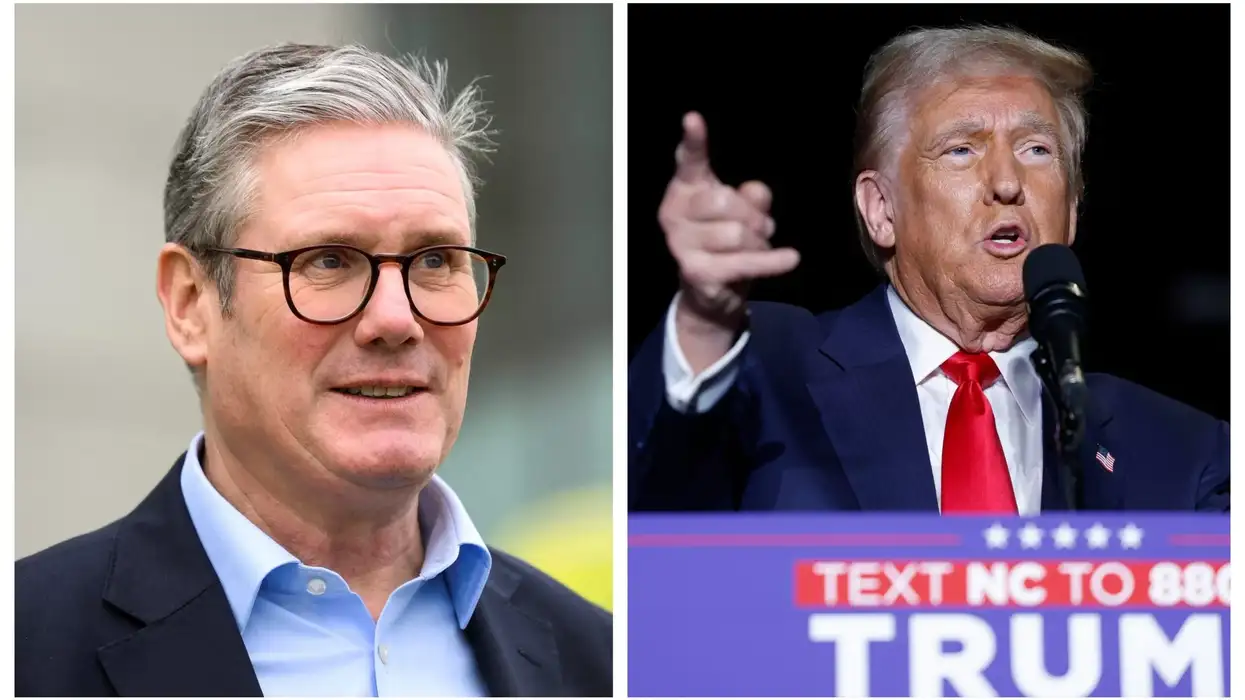US president Donald Trump said he had agreed to meet prime minister Keir Starmer and that the British leader wanted to travel to the US in the coming weeks.
Starmer's office had said earlier on Friday (14) that he discussed visiting the US on a call with Trump the day before, part of London's efforts to press its case with a US president whose overhaul of trade and foreign policy has shaken much of the world.
Speaking to reporters at the White House, Trump said Starmer had requested to meet him again in person.
"We're going to have it - friendly meeting - very good. We have a lot of good things going on," the president said.
The two leaders first met in September in New York.
Starmer took a call from Trump on Thursday (13) as he met the president's envoy in London, Mark Burnett. His Downing Street office said the two men discussed his forthcoming visit to the US.
Trump said the meeting would take place "very soon", adding: "I think he wants to come next week or the week after."
British prime ministers are always keen to visit incoming US presidents as soon as possible, believing that their countries have a "special relationship".
Since returning to power, Trump has sent shockwaves through global capitals by threatening or imposing sweeping tariffs, and by speaking directly to Russian president Vladimir Putin about an end to the war in Ukraine.
Britain has so far been spared the worst of Trump's anger. Trump has heavily criticised the European Union's trade surplus with the US but said this month he thought something could be "worked out" with Britain.
Tensions could still develop over Washington's approach to Ukraine. Starmer said on Friday that Britain remained committed to Ukraine being on "an irreversible path to NATO" after US Defense Secretary Pete Hegseth said that NATO membership for Kyiv would not be part of a peace deal.
And Britain wants Kyiv, trying to resist Russian invasion, at the heart of any ceasefire talks.
Starmer has also been walking a diplomatic tightrope as he seeks a "reset" in relations with the EU, which Britain quit five years ago, just as Trump threatens the bloc with tariffs.
Another area of possible contention is defence, where Trump has urged NATO's European members to spend much more.
(Reuters)





